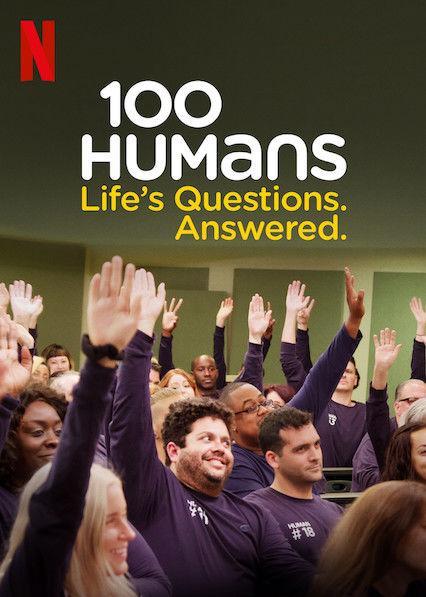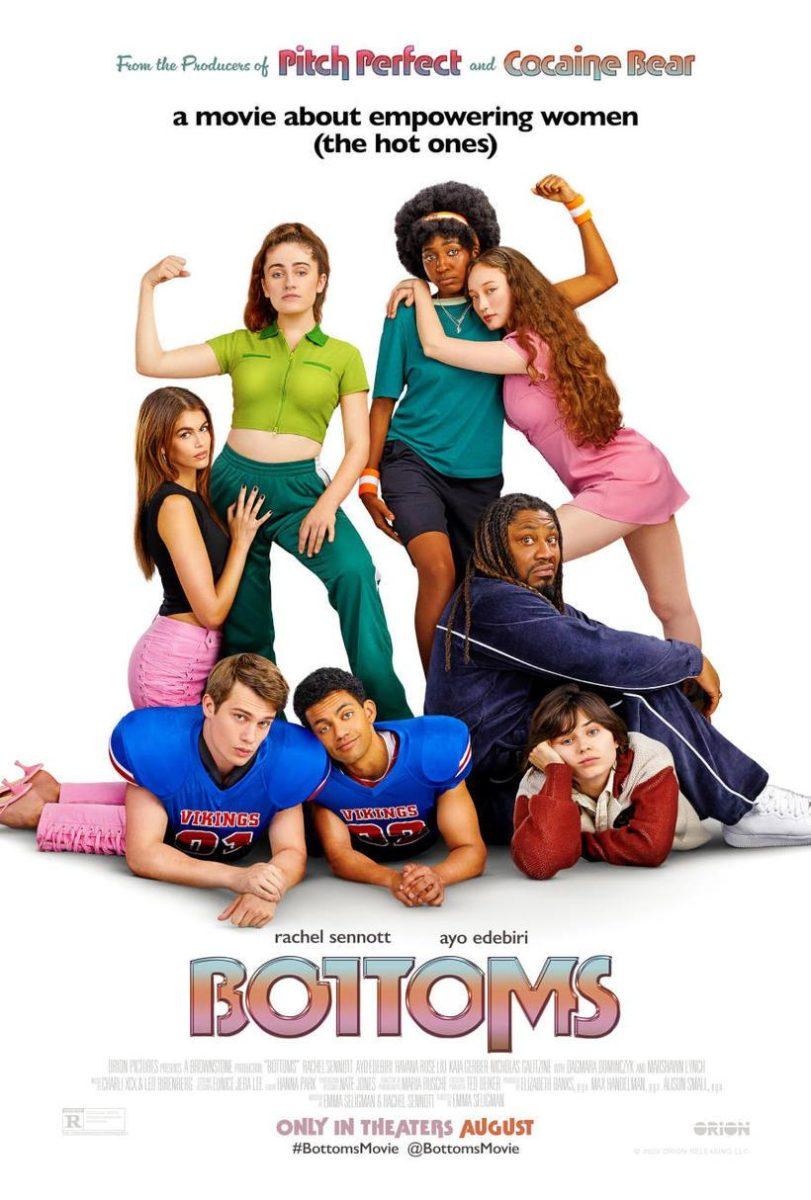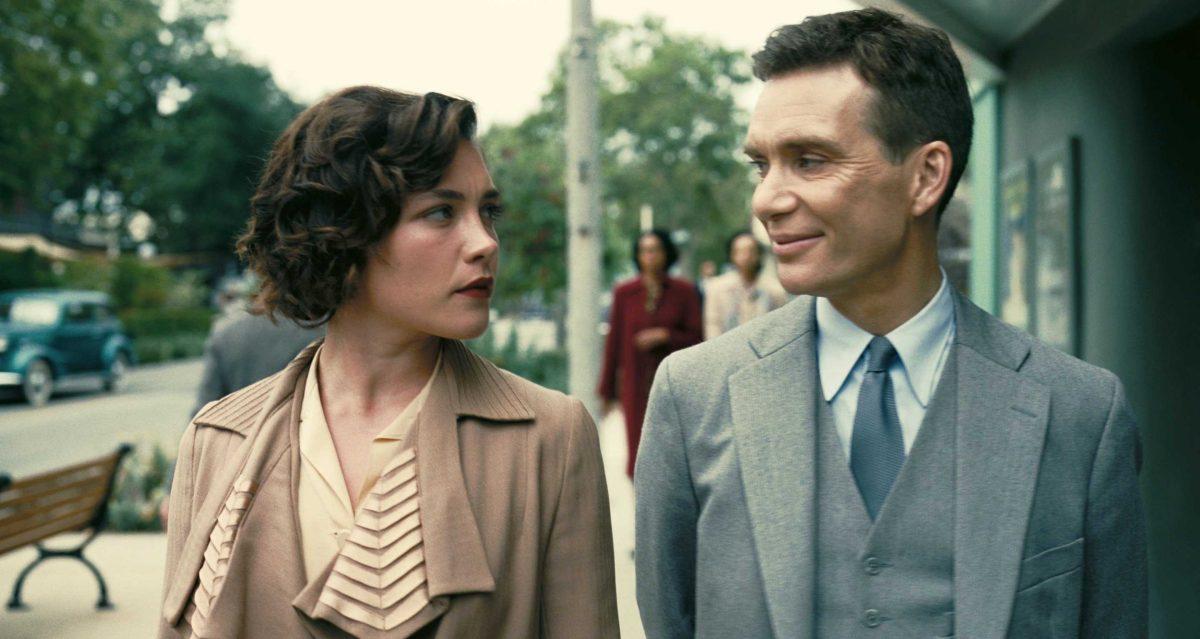Stars: 2.5/5
Netflix’s new social experiment/reality show “100 Humans” attempts to tackle some of humanity’s big questions and some far less relevant questions with a methodically chosen demographic cross section of America and three “scientists” clearly chosen for qualities other than their lackluster scientifically inquiring minds.
The show is certainly cute at times for viewers able to focus on the authentic human interactions between 100 strangers, undeniably the show’s strong suit to which it plays regularly. Equally frequently, however, it tries to take itself far too seriously for its own good and face plants while stumbling to draw conclusions from entertaining but inconclusive experiments.
The premise and approach taken by the three main researchers, Sammy and the two whose names are rarely mentioned (Alie and Zainab), are well-executed. In order to retain the subjects’ anonymity, the show implements a humorously disinterested system of labeling them Human #1-100.
This does not, however, prevent their personalities from shining through, some of which become recurring characters despite a lack of proper title. As the show continues, it becomes more clear the extent of considerations with which the subjects were chosen, accounting for traits as broad as race and age down to more miniscule features like tattoos.
There are also clear efforts to establish an atmosphere similar to summer camp as the Humans engage in activities and communal downtime between experiments, recorded and included to prove they are not imprisoned, as one might first consider.
The major downfalls of the show are the ambiguous tone and overall message. With goofy sound effects, wacky experiments and occasionally featuring what can only be described as blooper reels, “100 Humans” could easily have branded itself as a comedic but well-structured reality show.
Instead, each pseudo-scientific experiment comes with a complementary expert in relative proximity to the topic with whom one of the hosts/researchers echoes for a few minutes. This works well with psychological phenomena and on topics related to human nature where objective biology can be referenced.
However, when the question is so broad and so subjective like a fan favorite, “Which sex is better?” it is embarrassing to watch the “science” and subsequent breakdown of that “science” unfold. Thankfully they ignore small, insignificant things like personality, personal preference and individual values when conducting asinine experiments to scientifically prove which sex is generally superior.
By observing who takes longer to get ready for an event under false pretenses of time availability and necessity for preparation, the researchers seemingly grapple with everyday stereotypes in an innocent and cute manner. Their findings contradict stereotypes when less men make it to the buses before their unannounced departure and, during the debriefing with a gender studies expert, viewers learn that women are in fact, overall superior. Take that at face value or find out for yourself.









